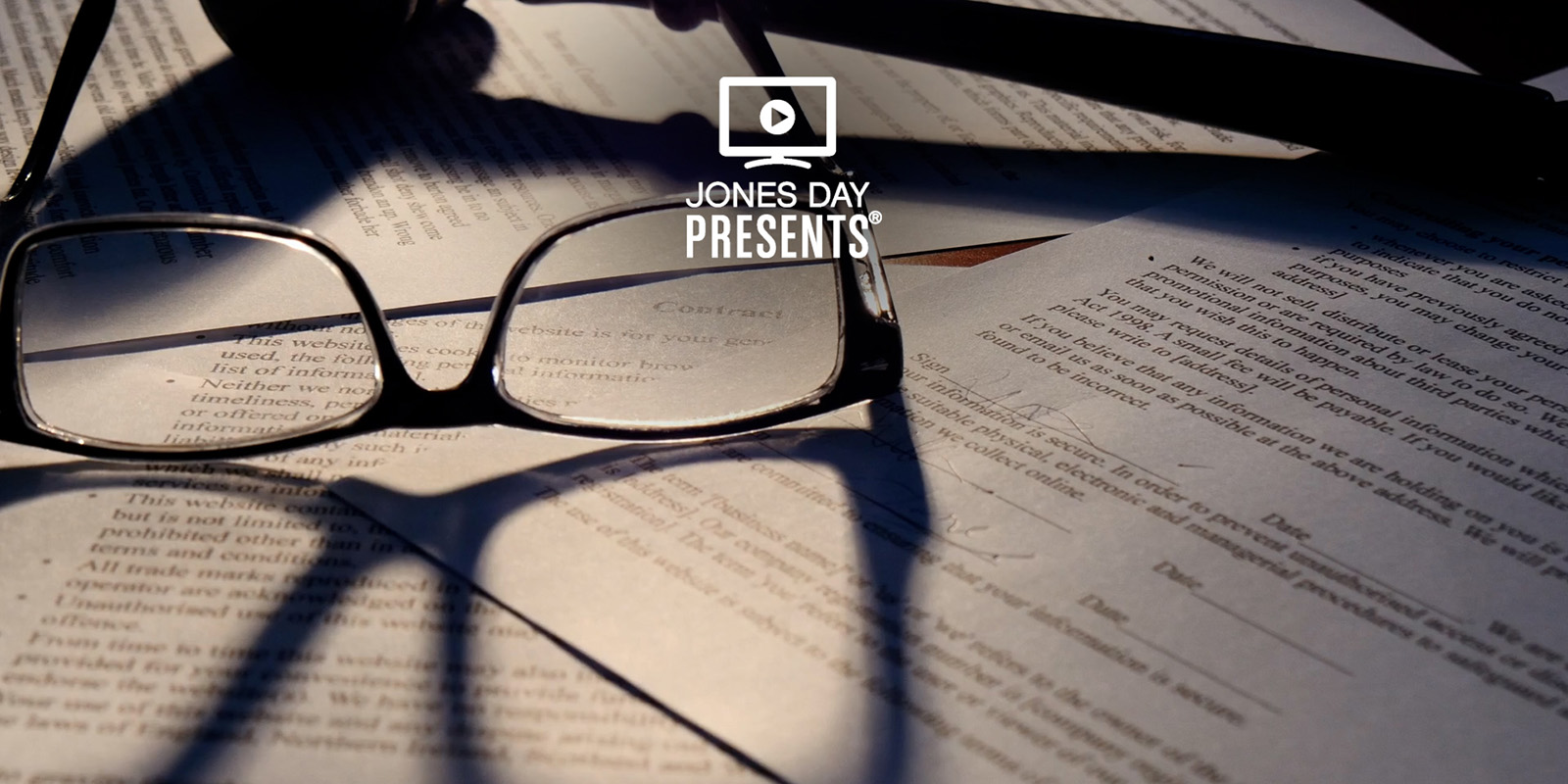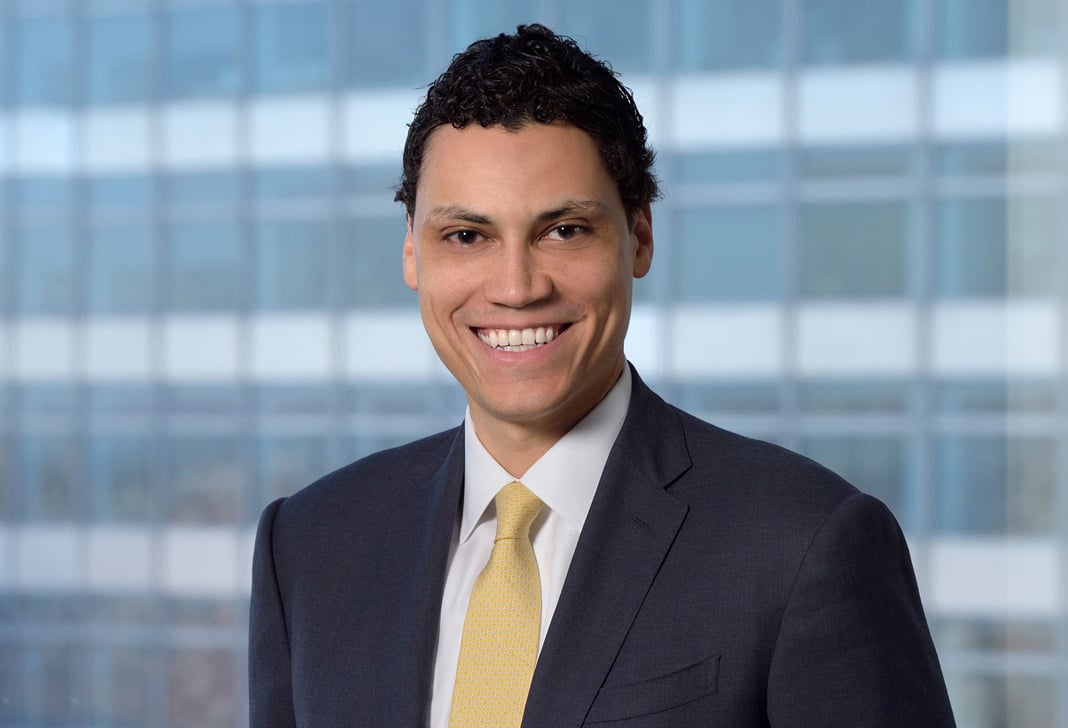
JONES DAY PRESENTS®: Section 230: A Springboard to a First Amendment Discussion
Jones Day's Alexander Maugeri explains Section 230 of the Communications Decency Act, how it potentially affects content on the internet, and why possible reforms must be balanced with free speech concerns.
A full transcript appears below.
Alexander V. Maugeri:
Section 230 is a provision of the Communications Decency Act. It's been called the 26 words that created the internet. It was passed in 1996. And so we created the infrastructure for how the internet will work before basically any of the social platforms that we all are familiar with ever came about. And it is key to allowing a free marketplace of ideas online and letting that flourish. Obviously, the internet has pros and cons and it can be a breeding ground for hate, for radical ideas. And the question and the challenge we're all confronting is how do we keep that robust, free debate but also give hate as little space as we can.
Section 230 has two primary subsections, C1 and C2. So C1 is a liability shield. And so if you think about a social networking platform, users come and they speak. And C1 says the platform's not responsible as a general matter for what you or I might post online. So I come on a platform and I defame someone, not the platform's responsibility. C2 is the flip side. C2 says, "Well, we don't want the internet to be a wild west for just anything. So we want to give platforms the opportunity to create a civil environment, an environment that is free of the most offensive content." And so C2 says, "We're going to make sure that platforms are not liable if they take down harmful or offensive material."
Some out there are saying, "Let's create a regime where we make sure that it's a lot like the First Amendment, where tech companies have to be viewpoint neutral." There are some other reforms though, and one is should we find new categories of hate speech, for lack of a better word, to allow the tech companies and the platforms to take down. In 2018, there was actually a bill signed into law, which one of the only Section 230 reforms to have happened since '96. And that provides that sex trafficking is going to be an exception. There's a lot of debate about whether that worked. And so that's one sort of area of reform.
When I was at the Department of Justice, DOJ said, "Well, why don't we let the federal government come in and sue when it gets really serious, but let's leave the liability regime in place so that platforms are protected from civil lawsuits." So obviously a place like Jones Day, we experience the civil litigation system. Of course there're righteous lawsuits, but there are a lot of lawsuits that ought not to be brought. And so this would be an idea of you thread the needle and you say and you hope that the federal government would be more judicious in terms of when it would bring a case.
230 is a springboard for us to be discussing really something that's gone back to the American founding for all of us, which is the First Amendment. The idea of on one side, you want free debate and on the other side, we always have seen incitement to violence and screaming fire in a crowded theater. There are limits. And really the 230 debate is about do we strike the right balance or do we need some reforms?
It's been a really interesting judicial landscape. In the lower courts, 230 has been given a relatively broad interpretation. Companies have to be responsible for copyright, federal criminal laws carved out. But in general, the protection is there. And that was really important in the early days to get the internet up and running. What's interesting the Supreme Court has never actually interpreted the statute.
Justice Clarence Thomas has written a couple of solo opinions that have gotten a lot of attention recently. So he has articulated the view that maybe it's time for the Supreme Court to get involved and to look at the text and just determine if courts have interpreted the statute a little too broadly. A lot of people want 230 reform, but perhaps if the judiciary just took a little bit of a different approach, maybe they could incrementally strike a little bit of a different balance. So it's an interesting piece of this and one to watch.


